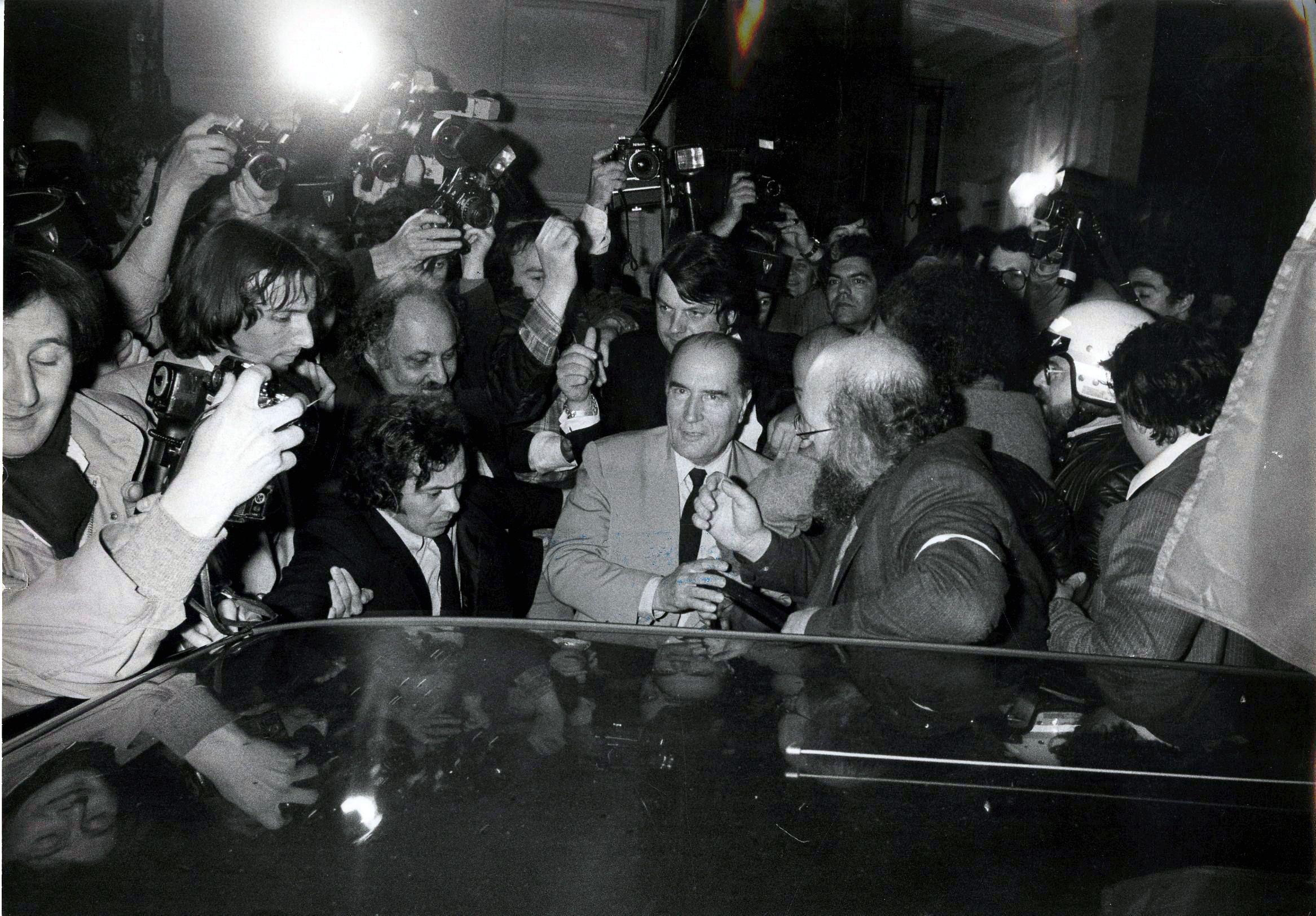The political scientist Brice Teinturier, deputy managing director of Ipsos, deciphers the evolution of the left since the coming to power of François Mitterrand on May 10, 1981.
What remains of the May 1981 left?
BRICE DYER
.
Forty years ago, the left was in the ascending phase, had narrowly missed the meetings of 1974 (presidential) and 1978 (legislative) and the great alternation of May 10, 1981 aroused joy and hope.
Today, the dynamic is totally reversed, the left is in crisis.
To read also François Hollande, 40 years after the victory of Mitterrand: "The cycle opened in 1981 is not closed"
What are the symptoms ?
First, it is in the minority, the left bloc - from the extreme left to environmentalists - is around 30% in the voting intentions in the presidential election.
In 2012, in the first round, François Hollande alone obtained 28.6% and the whole of the left 43.8%.
Then it is divided and without a dominant pole.
The 1980s were the chronicle of the domination of the Socialist Party and the weakening of the Communist Party.
Today, the left is divided into three blocs, weighing globally the same weight, the PS, the Insoumis (LFI) and the ecologists (EELV).
There is no more locomotive.
This is what is at stake in a recomposition if the left wants to win again.
PODCAST.
The left united in the 2022 presidential election: story of an impossible mission
Do you see other weaknesses?
There is no recognized and imposing leader, as François Mitterrand gradually knew how to be.
Our surveys show that the image of Jean-Luc Mélenchon, Yannick Jadot or Anne Hidalgo is not good with the French and that even within their own political families, we are far from flawless support.
How to explain this scattering of the left?
The PS imploded around major issues, some old, others newer.
The relationship to liberalism, to globalization.
Since the Holland five-year term, part of the Socialists has evolved towards a social-liberal line, captured by Macron, another (Hamon, Mélenchon…) has opposed it and advocates a break.
Second divide, Europe, while Mitterrand had established a certain pro-European consensus.
Third, the PS failed to grasp the environmental issue in time and at the right level, causing many of its voters to flee to EELV.
Fourth cleavage, the relationship to secularism and minorities opposing the supporters of a universalist and secular conception of citizenship and the differentialists.
Read also Presidential: the blues of socialist voters who despair of the union of the left
But disagreements exist in all parties ...
Of course.
It is still necessary to unite the different sensitivities.
Chirac thus had in his government the liberal Madelin and the gaullo-social Séguin (
Editor's note: under the first cohabitation 1986-1988
), Jospin animated the plural left.
These leaders were able to "hold" the whole.
Is a return to the unity of the left possible?
Beyond the differences, there are common concerns in the electorate of these three poles, for example on social inequalities and the environment.
And the porosity is even stronger between the PS and EELV sympathizers.
In this fragmented left, certain poles could therefore be found.

